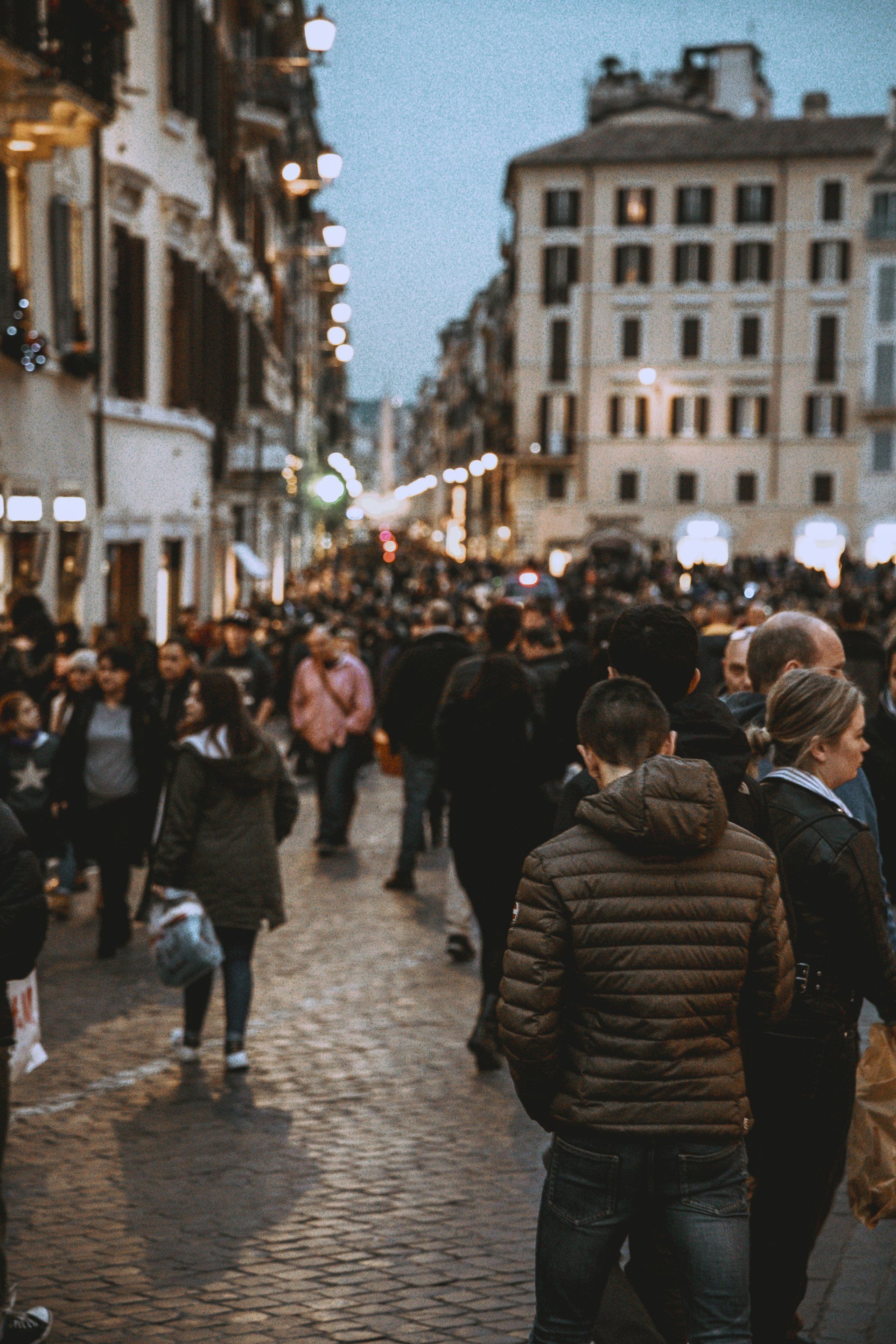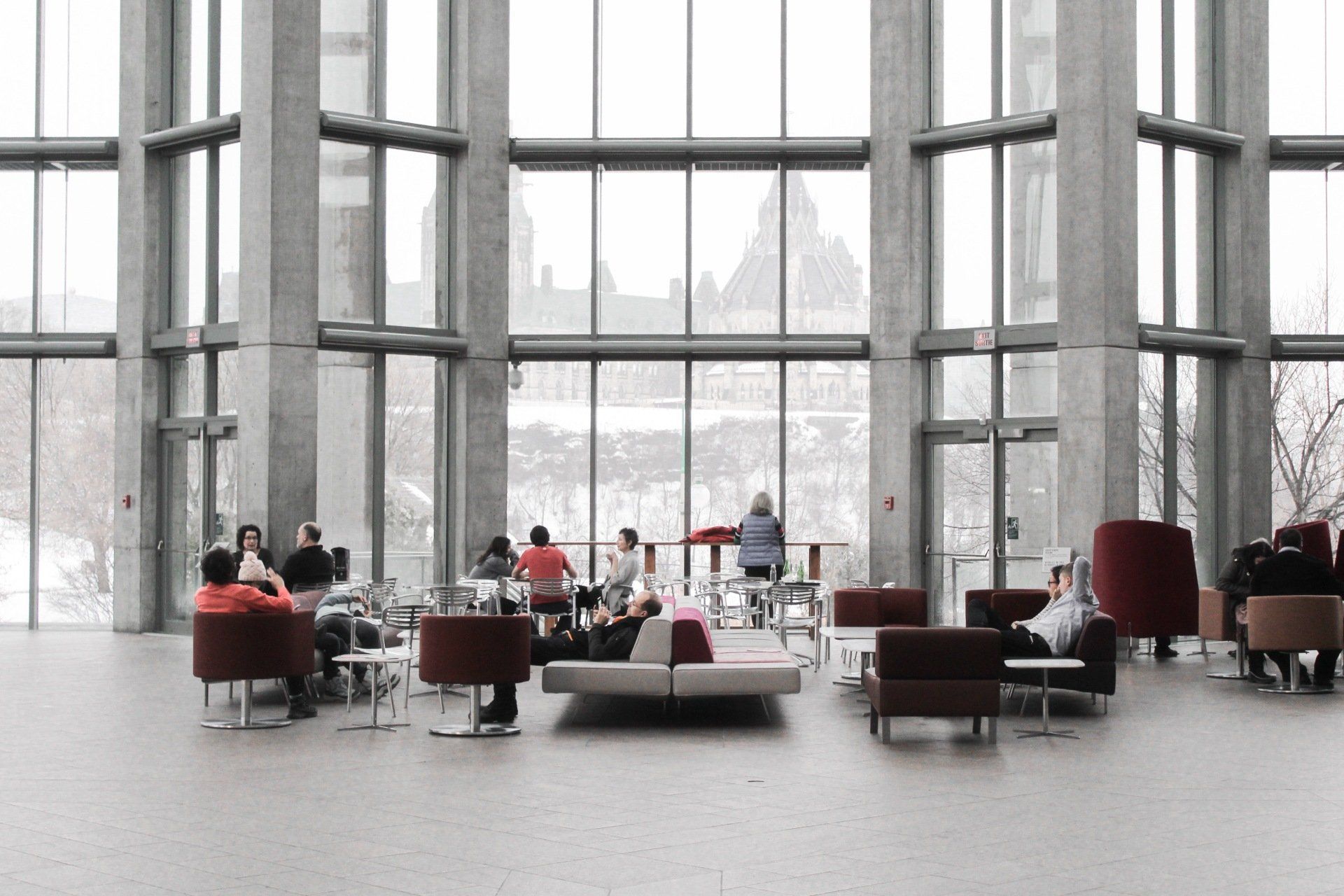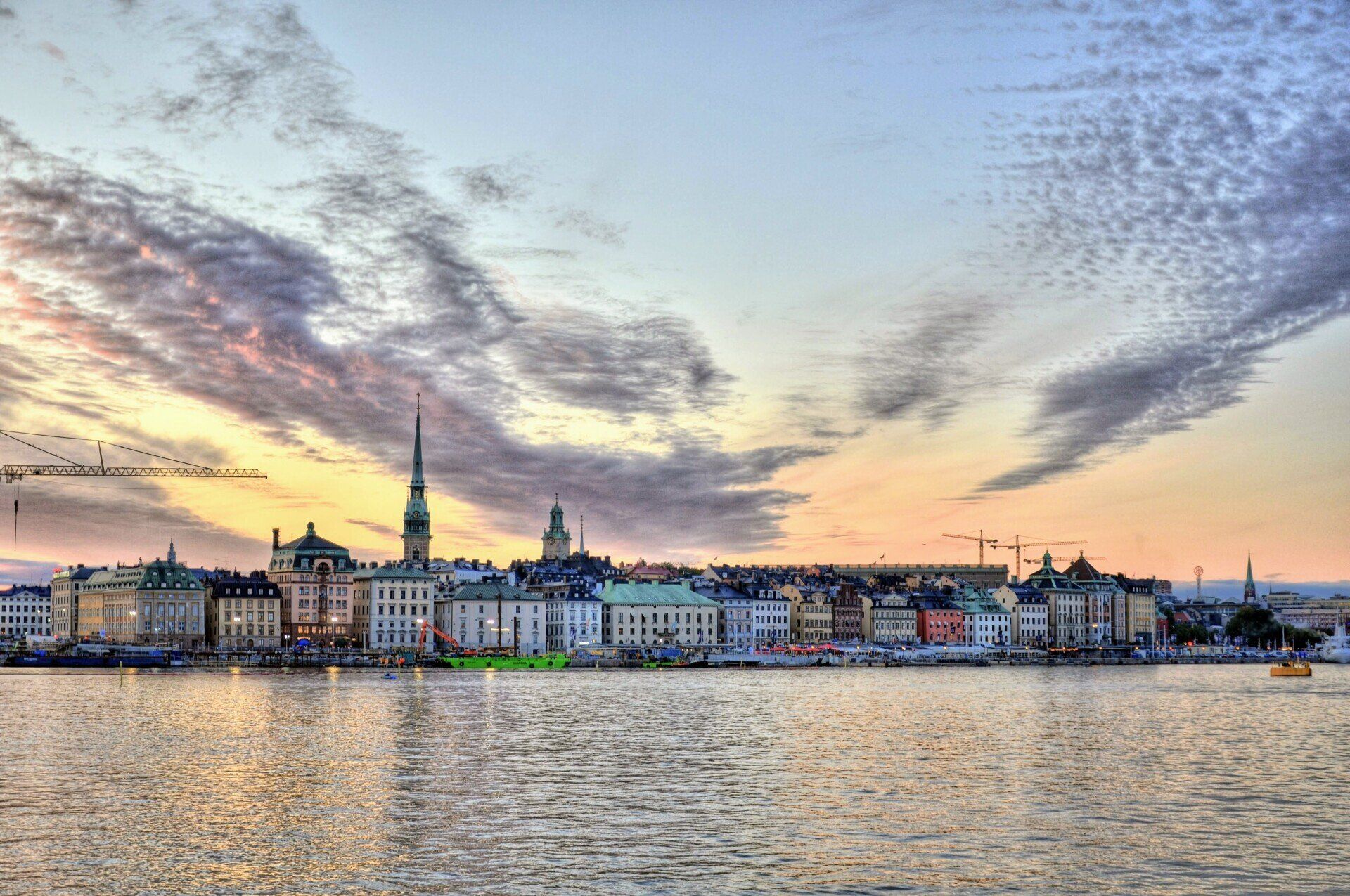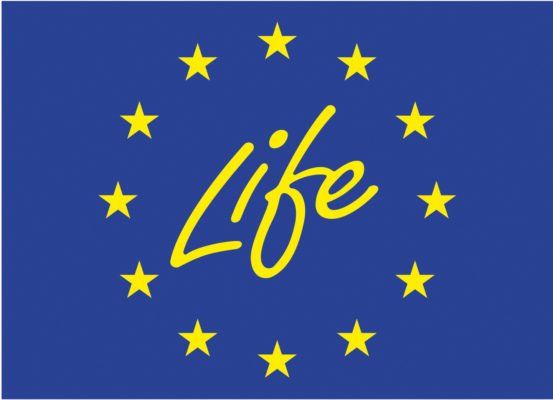Keep Fibers Zipped
2022-ongoing
"Keep Fibers Zipped" is CCB work on public assessment and dissemination of the various microfiber pollution reduction practices in the Baltic Sea region and worldwide.
HOW TO REDUCE MICROFIBER POLLUTION:
REPORT AND CASE STUDY
The textile sector is one of the causes responsible for plastic pollution. The washing of synthetic textiles is responsible for 35% of global emissions of primary microplastics into the ocean. The microplastics problem is widespread and seriously affects human health and the environment.
The separability of particles from textiles and their release into the environment is influenced by various indicators and factors: the quality and technology of fabric production, the washing machines, the practice of wearing and washing clothes, consumer choices and habits, the presence and the internal structure of sewage treatment
plants in the area. There are already available
methods and solutions to prevent and reduce this microplastic contamination.
Our report "Keep Fibers Zipped" gives an overview of the holistic approach to reduce microfiber pollution and existing practices and solutions for various stakeholders at the whole textile life cycle.
The review may contribute to the implementation of the Baltic Sea Action Plan and the HELCOM Revised regional action plan on marine litter, as well as it will be useful to everyone working on tackling microplastic pollution in the Baltic Sea region.
KEEP FIBERS ZIPPED - Social Media Campaign 2023
Are you eager to learn more about the available solutions to reduce microplastic pollution from textile and act? Read the Summary Report or the social media posts of our #KeepFibersZipped campaign on CCB social media channels!
Summary report
Download the Keep Fibers Zipped
Summary Report
Solutions for different stakeholders
The solutions to the problem are complex but feasible. All actors must contribute and every action matters.
FOR PEOPLE
The system can be changed both with bottom-up and top-down approches. People have the power to demand system solutions from governments and businesses. People also have the power and the right to make their own changes and actions on a personal level. For anyone who wants to reduce their personal microplastic footprint, these two chapters contain technological solutions for capturing microfibers during home washing and behavioral practices in the consumption and care of clothing.
FOR BUSINESS
Those who produce and release goods to the market have a great responsibility. In addition to the necessary to necessary shift from fast fashion to sustainable business models, it is important to change technologies of textile production for reducing separation of microfibres. Such measures are already available, in the chapter you will find examples of innovative technologies and recommendations for manufacturers.
FOR CITIES & COUNTRIES
System solutions at the cities and countries levels can play a great role in reducing microplastic pollution. The world already has policy measures, practical measures regarding the circularity of textiles and the necessary technologies for effective wastewater treatment. It remains only to scale them up . Learn the examples in the following chapters.
For more information:
CCB Secretariat: secretariat (at) ccb.se
Share
We continue to act, do you want to know more?
We work in the entire Baltic Sea region with different projects and programmes.
Click the button below to discover what is going on and how you can help.



